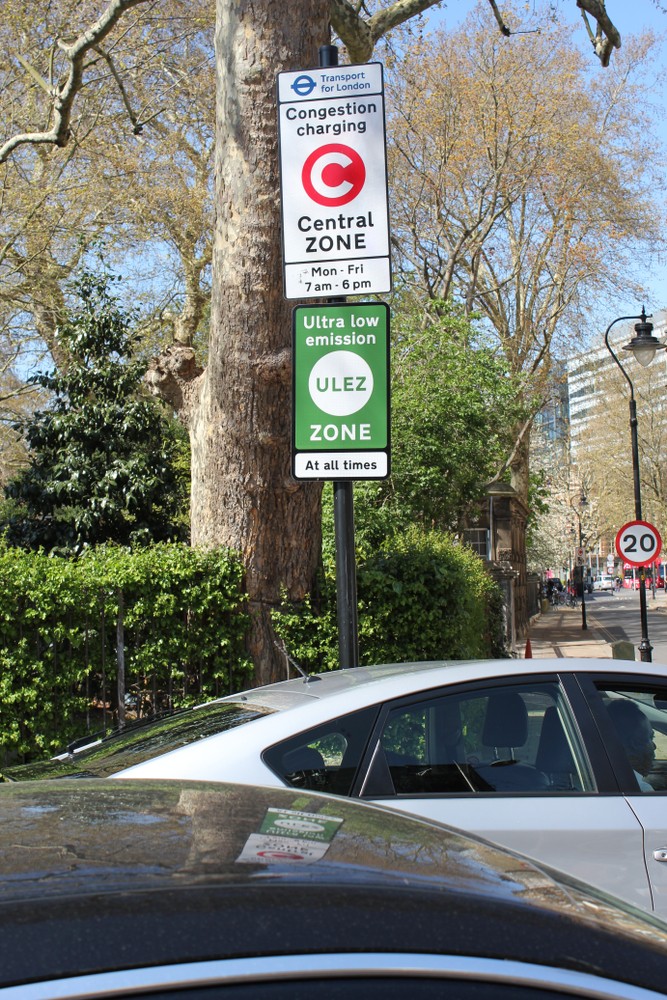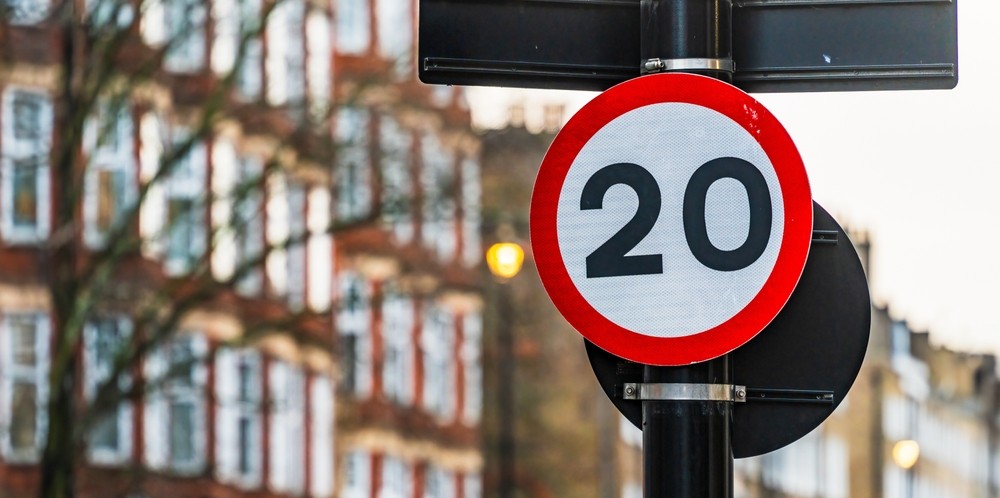Wandsworth speed enforcement trial
Yes, after the Wandsworth speed enforcement trial, your local council could start fining you £130 for breaking 20mph limits.
A famous character from a dystopian novel once wrote thoughts and commentary about the aspects of an overly controlling government that tightly regulates everything about the lives of its citizens.
Now that the new government’s brief honeymoon is over, the perpetual war against the motorist continues, thoughts of a pay-per-mile charge are muted in the chiefdom of London, and inevitably, fuel tax rises are almost a certainty in the next budget. And now the new edition of doublespeak includes a historical rewrite of the successful Welsh government’s 20mph policy. (RAC July 24)
New Transport Secretary Louise Haigh has announced that local authorities should manage decisions regarding traffic calming measures, road safety schemes, and 20mph speed limits rather than the central government.
Haigh stated that England’s ‘local communities’ should determine the measures that would work best in their region.
Speaking to the ‘Streets Ahead Podcast’, she stated that local authorities have already given their ‘full support’, indicating that they are fully in agreement and committed to implementing the announcement.
Councils may soon share the responsibility of enforcing speed limits, particularly the controversial 20mph limit.

Are we ready to embrace this change, or do we remain sceptical?
Wandsworth Council has been trialling the scheme since 2022. Let’s explore the implications of this trial, delve into the details, and consider how it might shape driving behaviour and community safety in our neighbourhoods.
Understanding the 20mph Limit Debate
The push for lower speed limits in residential areas is not new. Many local councils have adopted 20-mph zones to improve safety for pedestrians and cyclists. But how effective are these limits when compliance is so low?
Why 20mph? The Rationale Behind Lower Speed Limits
- Enhanced Safety: Research suggests that lower speed limits significantly reduce the likelihood of accidents and fatalities.
- Community Vibe: Slower speeds encourage walking and cycling, fostering a more vibrant community atmosphere.
- Environmental Benefits: Vehicles travelling at lower speeds generally produce fewer harmful emissions, contributing to cleaner air.
The Compliance Challenge
Despite the clear benefits, compliance with 20mph limits could have been much higher. Wandsworth Council found that 20-25% of motorists were still exceeding this limit. This leads to a pivotal question: how do we improve compliance?
Wandsworth’s Innovative Approach
Enter Wandsworth Council’s pioneering trial. For the first time, councils will have the power to issue fines for those who exceed the 20mph limit. Is this the solution that we’ve been searching for?
Fining Offenders: How It Works
- Fines at a Glance: Drivers caught exceeding the limit will face a £130 fine. But, if they pay it within 14 days, they can reduce this penalty to £65.
- Areas Targeted: The trial focuses on Wimbledon Park Road and Priory Lane—two roads notorious for speeding complaints.
- Enforcement Powers: Rather than relying solely on the police, councils will now have the authority to enforce speed limits directly.
Three hot Deals with Speed Control Feature
The Trial Duration and Its Goals
The trial is set to run for eight months and is enacted through an experimental traffic order. Its primary aims include:
- Improving compliance with the 20mph limit.
- Safeguarding pedestrians and cyclists.
- Freeing police resources for more pressing traffic enforcement tasks.
Council Leader’s Perspective
Councillor Simon Hogg sees this initiative as a direct response to the complaints from residents regarding speeding vehicles in their neighbourhoods. He emphasised that:
“Speeding traffic is one of the biggest sources of complaints we receive from our residents.”
This initiative shows promise, but will it change driver behaviour effectively? Or is it a cynically a cash cow?
Public Reaction: Do you think it will work?
Public sentiment on the enforcement of 20mph limits often oscillates between support and scepticism.
Understanding Public Concerns
- Anxiety Over Local Authority Power: Some drivers worry that councils overstepping into speed enforcement could lead to excessive fines.
- Equity Issues: People question whether affluent drivers will disregard fines simply because they can afford them.
Potential Benefits to Communities
- Improved Compliance: With local councils involved, residents may experience better enforcement than police forces focusing on main roads.
- Reinvestment in Safety: Income generated from fines will reportedly be reinvested into enhancing road safety initiatives in the community.
The Role of Police
Interestingly, while councils can now issue fines, the Metropolitan Police will still handle more serious offences. This dual approach aims to create a balanced enforcement strategy.
Understanding Fixed Penalty Notices
A fixed penalty notice (FPN) may sound intimidating, but penalising minor offences without courtroom drama is straightforward.
- No points on the license: This trial only results in fines, not points, which can ease driver anxiety.
- Option for Speed Awareness Courses: While this scheme doesn’t immediately offer rehabilitation courses, future iterations may include these for repeat offenders.
Looking Ahead: The Bigger Picture
What happens if this pilot succeeds? Other councils across London—and potentially the UK—might implement similar measures. Could this be the beginning of a major shift in urban traffic policies?
Possible Expansion Across the UK
- Influence on Policy: Success in Wandsworth could encourage councils to adopt their trials.
- Increased Safety Awareness: A ripple effect could lead to broader public awareness and control over speeding issues.
Expert Opinions: A Mixed Palette
RAC road safety spokesperson Simon Williams highlights the potential for improved compliance, stating:
“This scheme, on two stretches of road which currently have far too many speeders, has the potential to dramatically improve compliance.”
However, he cautions that:
- Police Should handle severe Speeding: Excessive speeders pose a clear danger, and referring them to authorities might be essential to ensure safety.
- Ensuring Fairness: There needs to be a focus on ensuring fines affect all drivers equally and not disproportionately disadvantage the less affluent.
Are We Ready for Change?
The Wandsworth trial offers a compelling case study as we stand at the crossroads of traffic enforcement in our communities. While there are valid apprehensions about the role of local councils in speed enforcement, the potential benefits for community safety and environmental impact must be considered.
The important dialogue surrounding this pilot scheme speaks volumes about our readiness to adapt and prioritise safety in our neighbourhoods. Whether you support or oppose this initiative, we must engage with our community to build a more effective traffic culture.
Citizen “6079 Smith W” from number 101 may not be driving for a while, even for years, but sooner or later, they will get him for something! (1984)
Frequently Asked Questions (FAQs)
1. What are the main features of the Wandsworth speed enforcement trial?
The trial focuses on two residential streets. Drivers exceeding the 20mph limit will receive fines of £130, with a discount for early payment.
2. How long will the trial last?
The trial will last for eight months under an experimental traffic order.
3. What happens if I receive a fine in this trial?
If you are fined, you can pay £130 or £65 if paid within 14 days. This infraction does not result in points on your license.
4. How might this trial affect other councils in the UK?
If successful, other councils in London and beyond may implement similar speed enforcement trials to improve road safety.
5. Will the money from fines be used for anything specific?
Wandsworth Council has stated that any funds raised from the fines will be reinvested into local road safety initiatives.




